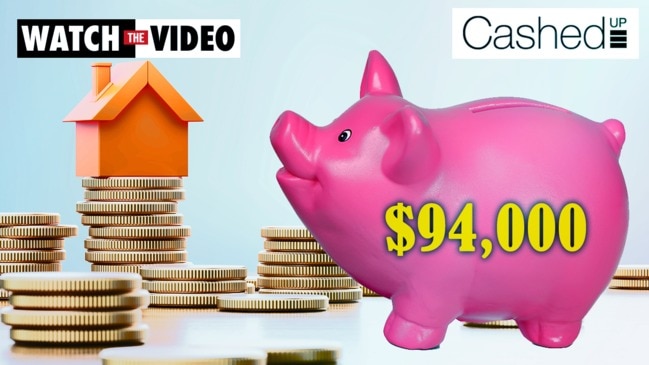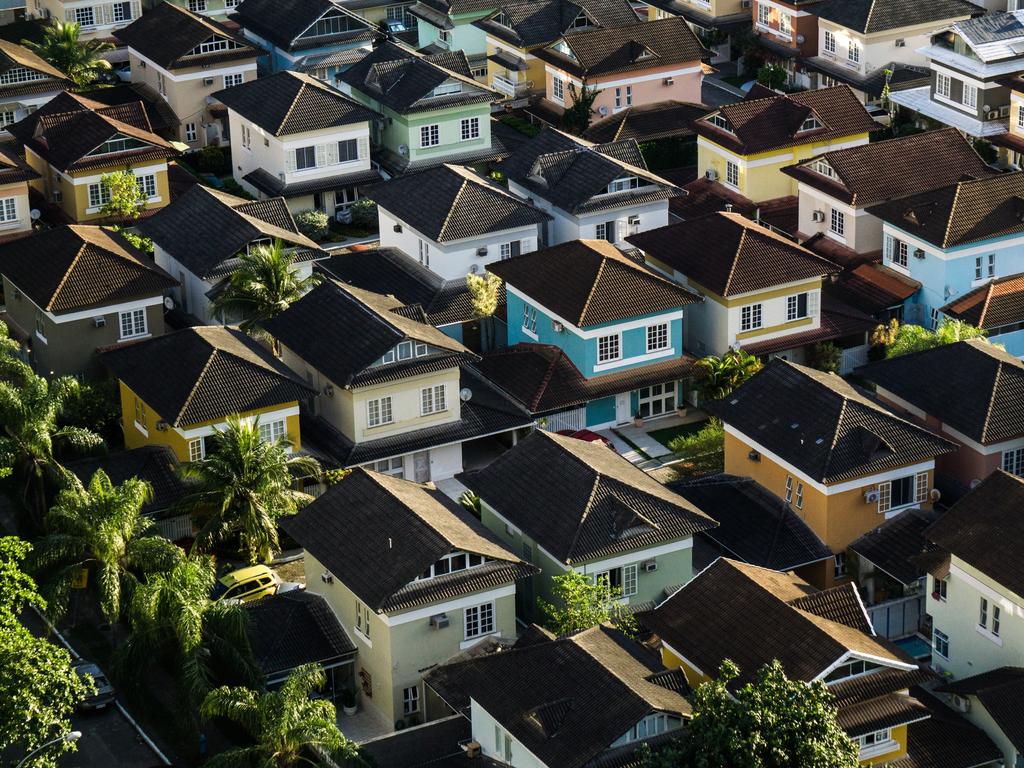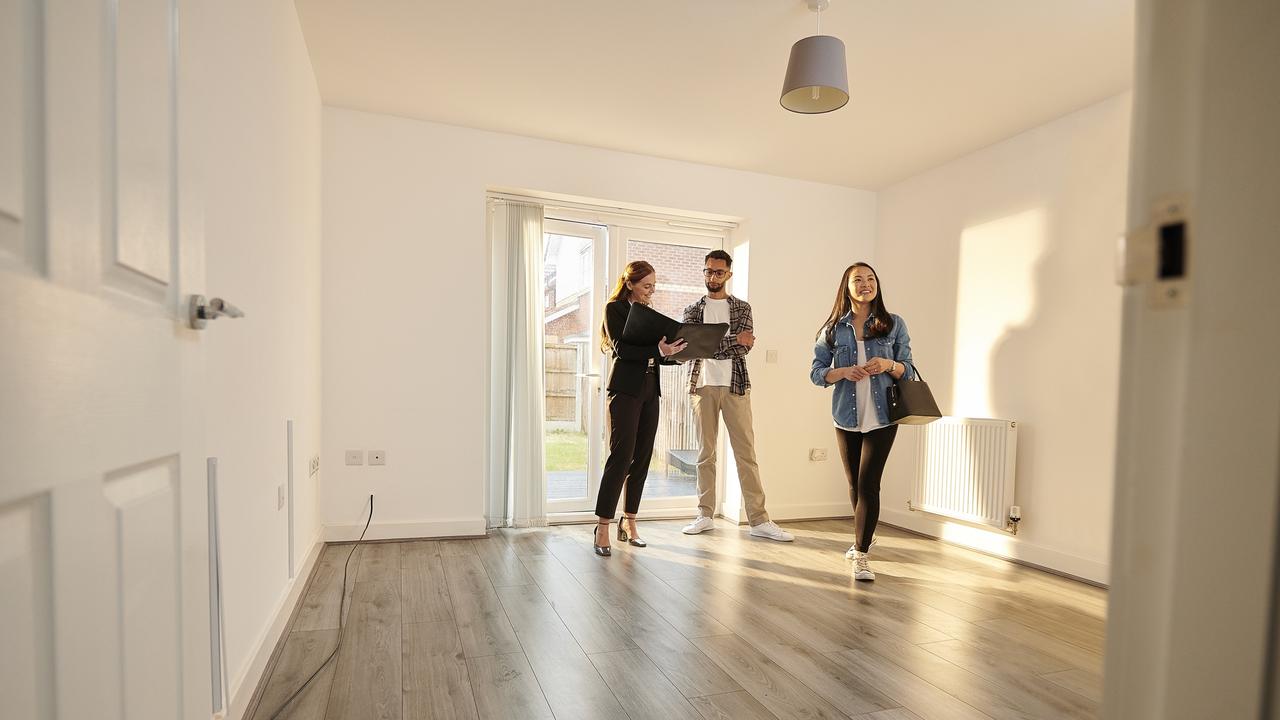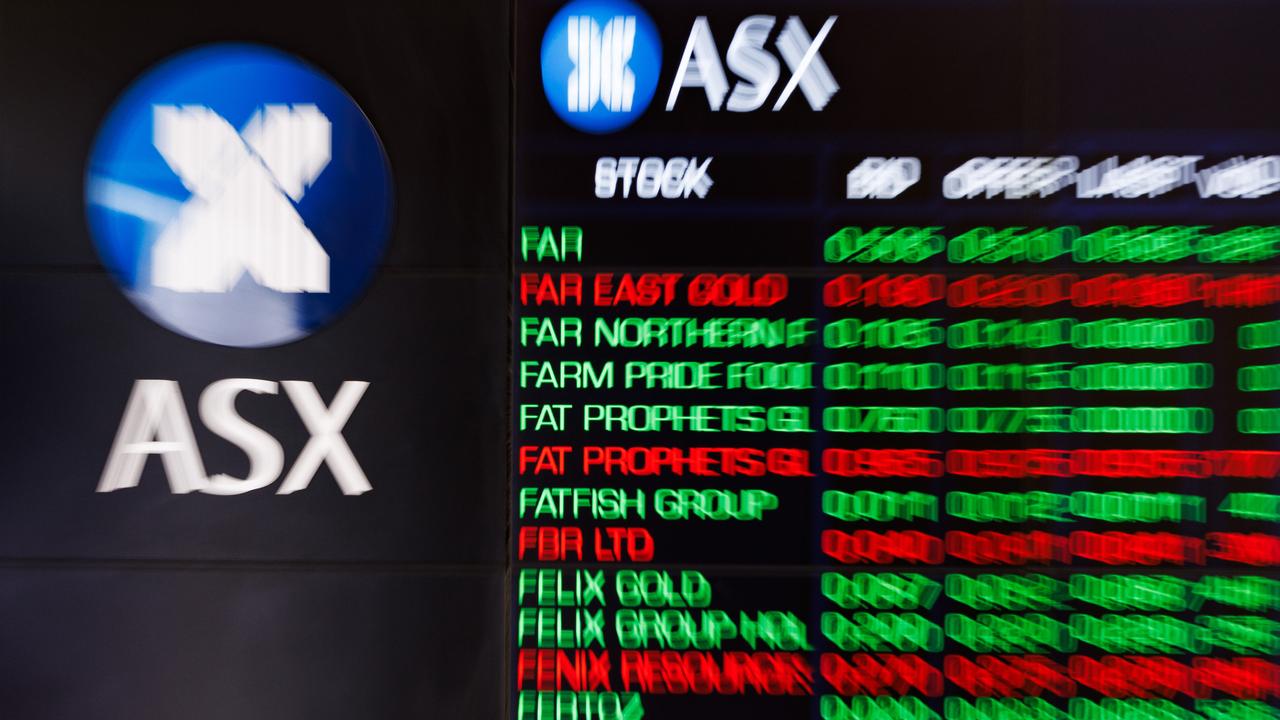Investment that could make you $40,000 extra a year without working
There’s a simple way to make an extra $40,000 a year without working – but there’s a reason not many people manage to do it.

A while back I posted on the cost of owning a $1 million investment property versus how much money it would make you, and found that at the time you’d be better off by $54,000 a year owning a $1 million property.
But since then, we’ve seen the fastest rate of interest rate increases since 1994, and the repayments on a $1 million mortgage increasing by over $1500 per month.
So does owning an investment property still make sense? And is it a smart move to buy property today while half of Australia (or so it seems) is freaking out about the potential for a property market crash, and the other half are struggling to figure out how they’re going to pay their mortgage?
Considering going commercial for your next investment property? Read the Compare Money guide first >
How much does it cost to own an investment property today?
I’m going to jump into the numbers, but before I do there’s a few things to refresh you on.
Initial costs of buying a property
When buying an investment property you’ll need to pay some initial costs like stamp duty, building inspections and legal costs. These costs on average equate to around 5 per cent of the property value, which equates to $50,000 on a $1 million property.
Ongoing property expenses
When you own a property you need to pay costs like strata fees or council rates, insurance, property management fees, and cover maintenance costs, which average out around 1 per cent of the value of a property, so around $10,000 annually on a $1 million property.

Mortgage costs
According to data from Finder.com at the time of writing, the average variable mortgage interest rate in Australia is 5.47 per cent. Based on a mortgage of $1,050,000 (purchase price + costs) your annual mortgage interest is $57,435.
Here I’ve used the average interest rate, but wanted to call out that by shopping around you could get a lower interest rate closer to the current sharpest variable mortgage interest rates (currently 4.29 per cent).
For this example, I’ve assumed the full property price + costs has been borrowed, which is only possible if you’re borrowing against another property or using a family guarantee, but I’ve done this to show the full cost of a property purchase entirely funded through borrowing. If you purchase a property with a cash deposit it will mean your loan is smaller and mortgage repayments will be less than the figures above.
Property expenses are tax deductible
If your investment property expenses are more than your rental income you receive, you can claim the difference as a tax deduction.
Based on Australian marginal tax rates, if your taxable income is above $45,000, your marginal tax rate + Medicare levy is 34.5 per cent. This means that for every dollar your investment property costs you, you’ll receive a tax refund of $0.345. If your income and tax rate is higher, you’ll receive even more back at tax time.
Property rental income and growth
When you own an investment property, you receive an income return through the rent paid by your tenants, and a growth return from the increase in the value of your property over time.
The average gross (headline before expenses) rental income on property in Australian capital cities as at October 2022 was 3.36 per cent, and as outlined above, the long-term growth rate on property is 6.3 per cent.
Bringing it all together
Purchase costs:
â— Property value: $1,000,000
â— Purchase costs at 5 per cent: $50,000
Total funds needed: $1,050,000
Ongoing income:
â— Gross rental income at 3.36 per cent: $33,600 p.a.
Ongoing expenses:
â— Ongoing property expenses @1 per cent: -$10,000
â— Mortgage interest: -$57,435
Total costs: -$67,435
â— Cashflow cost/net income: -$33,835
â— Tax refund at 34.5 per cent: +$11,673
Net holding costs after tax: $22,162
Property growth
Based on the long-term property growth rate of 6.3 per cent the expected growth on a $1 million investment property should average out around $63,000 p.a.

So does buying a property still make sense?
Based on the figures above, you can see annual property holding costs of $22,162 p.a. and annual growth of $63,000, meaning the average net annual benefit sums to $40,838 p.a.
The numbers are in your favour – if you’re paying ~$22,000 for a $63,000 benefit, you’re ahead by over $40,000 every single year.
It’s worth noting these figures are based on some assumptions, and what happened in the past doesn’t necessarily predict what will happen in the future – but you can see from these numbers that even if things don’t play out exactly as outlined here, there’s plenty of room for you to still end up way ahead.
Managing your risk is crucial at any time when you buy property, and in the current environment it’s even more important. If you don’t manage your risk effectively and plan your property purchase well, you can get caught out and suffer financial setbacks and momentum killing mistakes.
If you’re looking to invest through property and want it to be a success, the key to managing your risk is being clear on your property numbers. You want to make sure your property purchase fits with the other things going on with your money today and will continue to work for you into the future. This way you’ll be confident you can hold your property for the long term, so you can achieve solid long-term outcomes.
The wrap
Buying property can be scary. Particularly in the world we’re in today, there’s a lot of fear out there from people wondering how things are going to play out. Risk levels are higher than we’ve seen over the last few years, which means you need to tread carefully when it comes to property and manage your risk well.
That being said, the numbers are compelling, and buying a good property that you can comfortably hold for the long-term will help you grow your assets, build investments, and create serious wealth.
Ben Nash is a finance expert commentator, podcaster, financial adviser and founder of Pivot Wealth the host of the How to be Successful with Money podcast, and author of the Amazon best-selling book ‘Get Unstuck’
Ben runs regular free online money education events to help you make better money choices and get ahead faster. You can check out all the details and book your place here
Disclaimer: The information contained in this article is general in nature and does not take into account your personal objectives, financial situation or needs. Therefore, you should consider whether the information is appropriate to your circumstances before acting on it, and where appropriate, seek professional advice from a finance professional.






